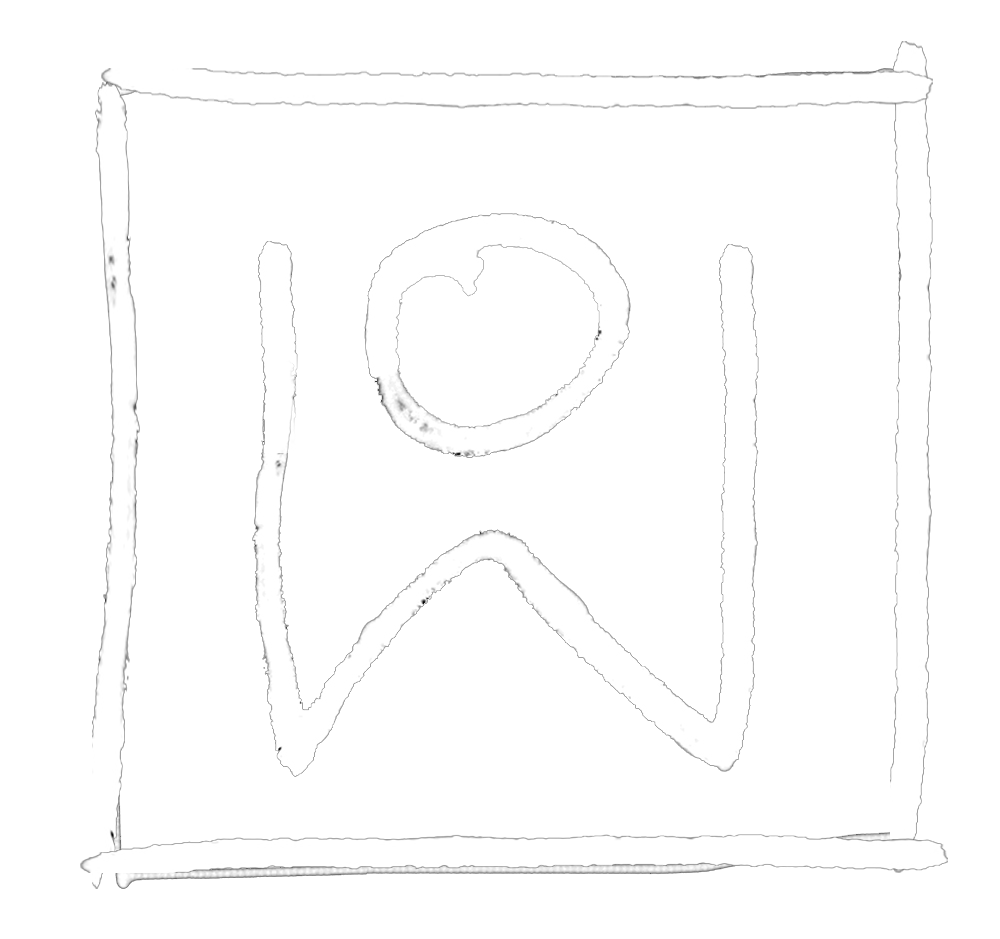Margo Echo
what is Margo?
souls take pleasure in becoming moist’
- Heraclitus, 77
Margo is the brink that looks back at us. It is the glistening horizon, grassy verge, stoney shore - that which falls away.
In Margo we discover traces of the infinite, that which can not be captured but which arrives at us in vertiginous ecstatic echo - always potential, always unfolding; potentially infinite.
Margo is a threshold, liminal, not quite dissolution.
The meeting of difference requires lubrication. Surely, Margo is a wet place.
In his seminal work Les Rites de Passage (1909), the French ethnographer and folklorist Arnold van Gennep identifies liminality as the intermediate stage in a threefold structure of ritual practice. Here, liminality (from the latin limen meaning ‘threshold’), describes the state inhabited by individuals undergoing transformation from one social status (from one ‘s to another, who in the interstices of transition, defy the established classifications of the society to which they belong.
As neither one thing, nor the other, they become unrecognizable -distanced from the structural core and rendered marginal. Upon their reintegration to the center, they will again become just one thing.
The liminal is therefore a paradox, born of difference that cannot be reduced to unity. This irreducibility preserves the relationship between things. We can find truths in the binds of paradox because it is through relations that things betray their essence. These relations are not static but continual, a movement through articulation; essence is the way we move.
I am interested in the liminal not as peripheral, but as central to the continual process of becoming - the always-edge of existence. The liminal exists at the crux (n.) (1814, from the Latin crux meaning ‘cross’. 1718, figurative use for ‘a central difficulty’; perhaps from Latin crux interpretum ‘a point in a text that is impossible to interpret’, in which the literal sense is something like ‘crossroads of interpreters.’) of the world.
In the egg, the alter, the horizon.
The echo, like the photograph, is a paradox - both something which exists and no longer exists. It proceeds us and has been sensed before. We cannot own it. It arrives to us already consummate with the world. It reminds us that we are borrowed.
I take photographs of what escapes me, to participate in what I cannot capture. In photography the capture is never total. The photograph participates, but only partially, in the moment it opens itself to. A photograph is born of exposure - there is vulnerability in it.
I intend for these images to stand as a record of a process of negotiation between the excess of the world and a responsive medium. It is my hope that these photographs overflow - I want them to become dreams.


